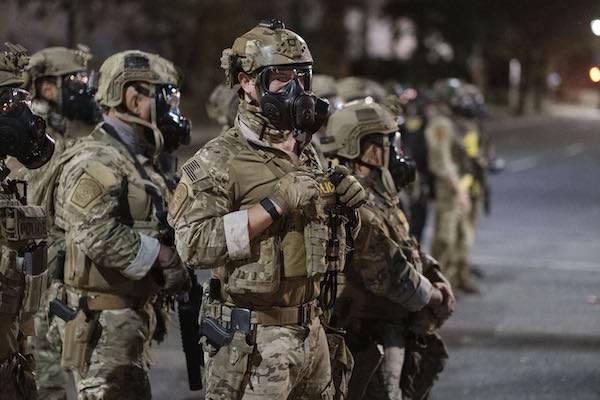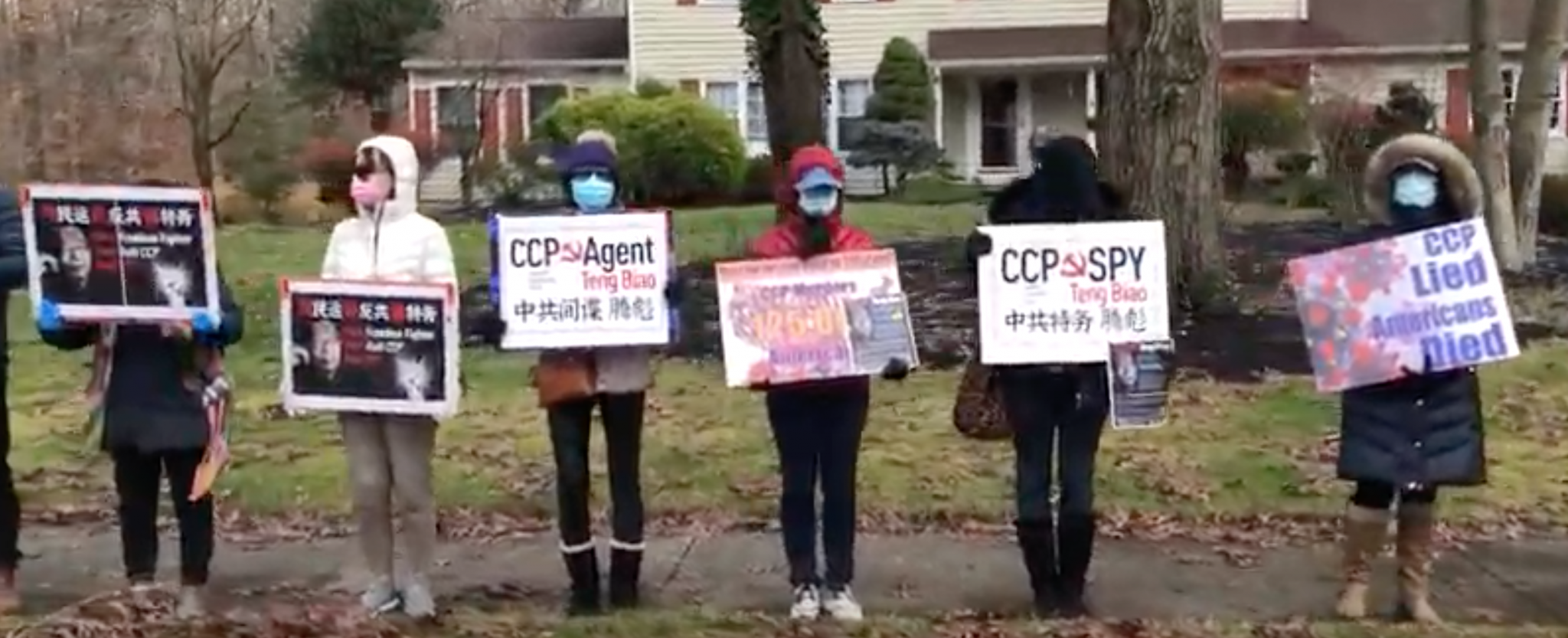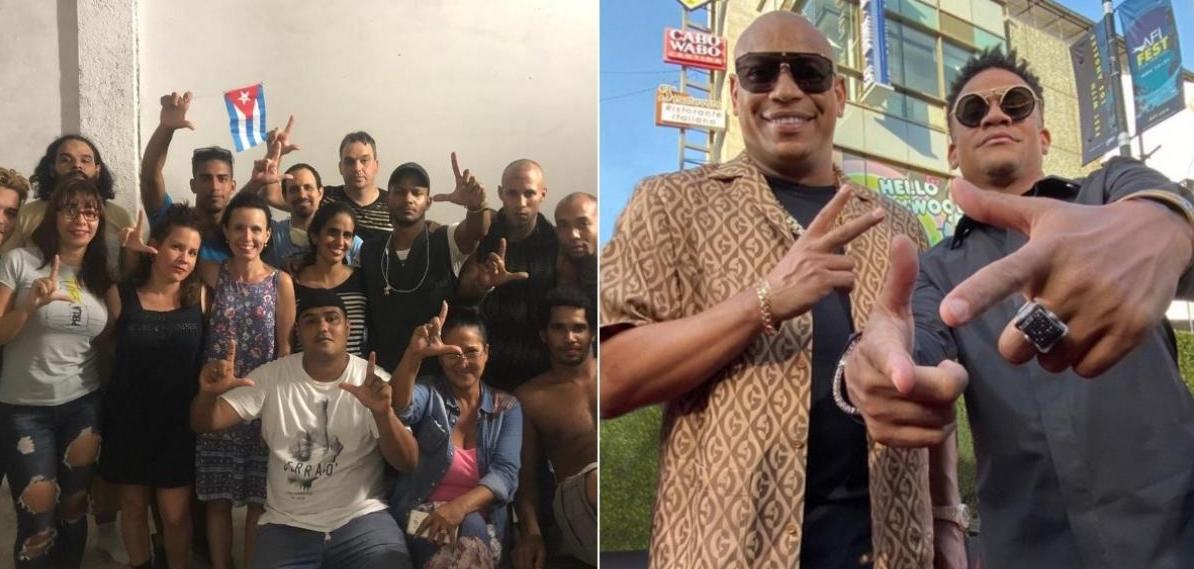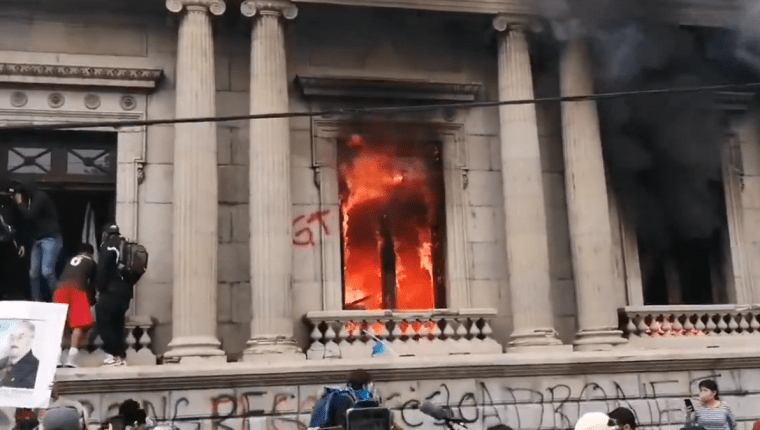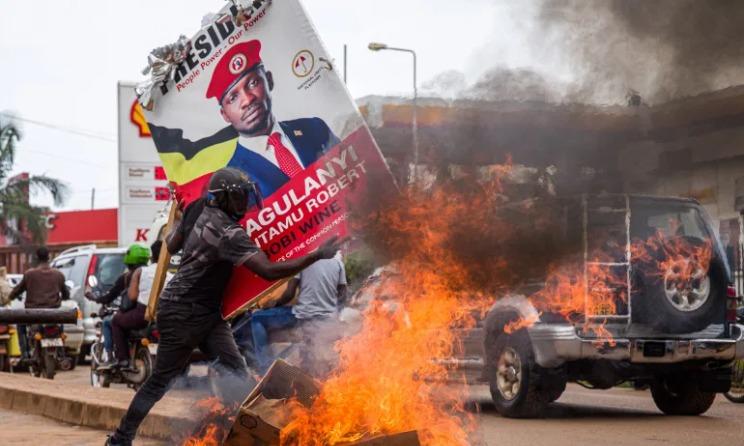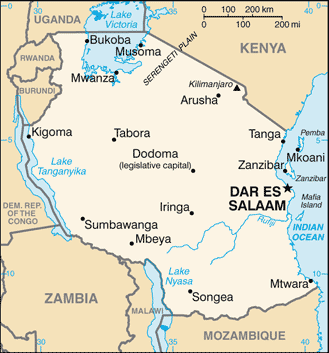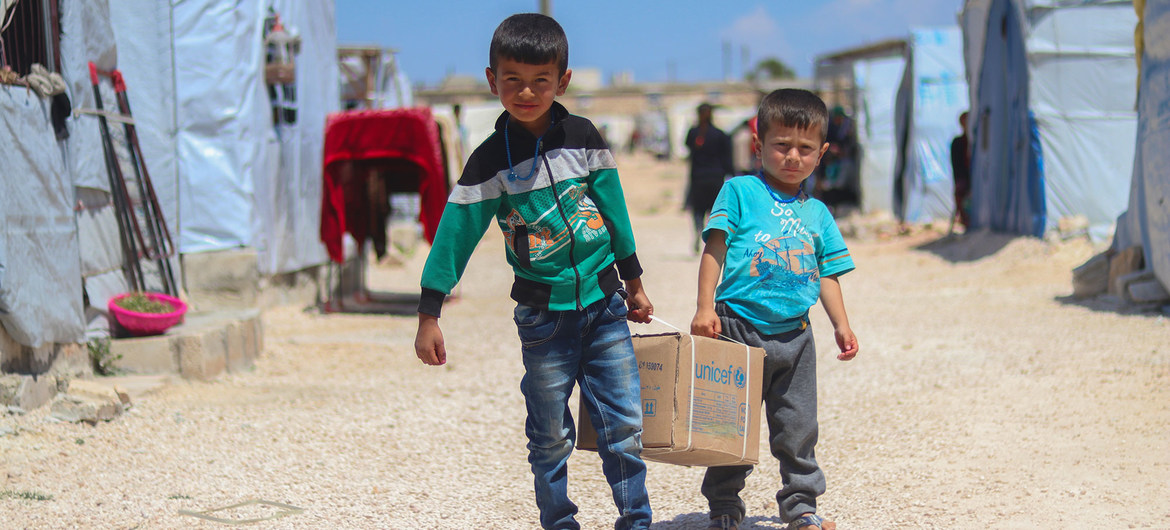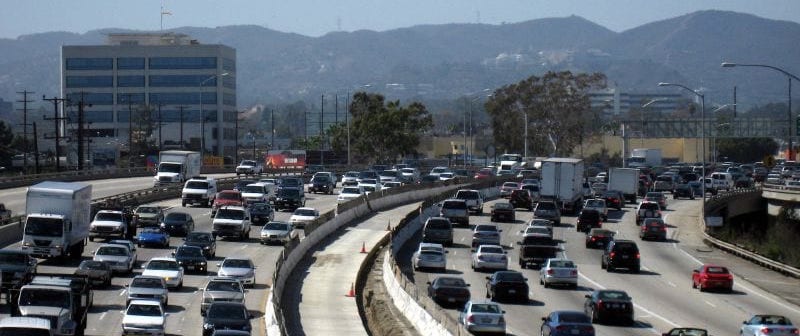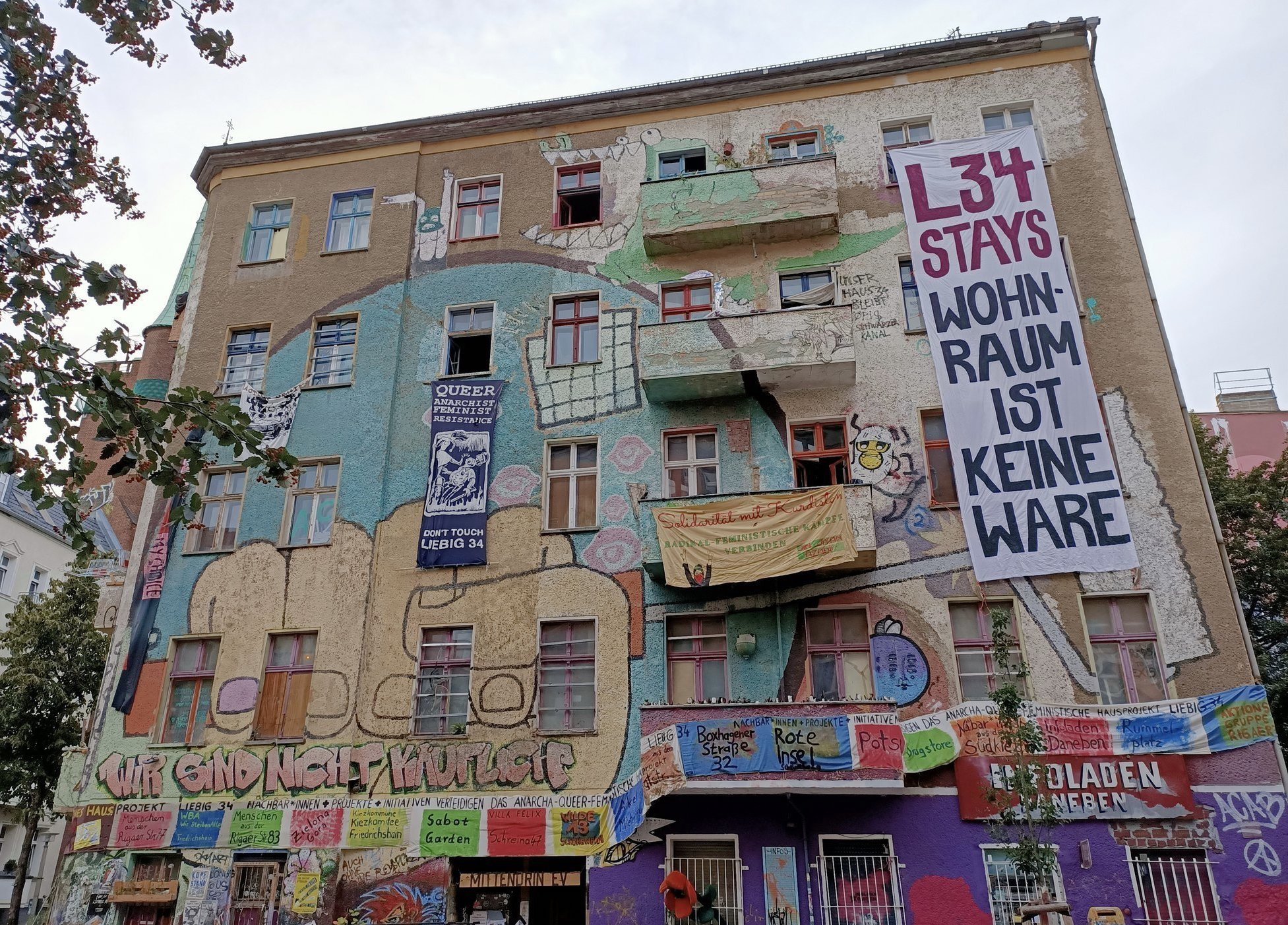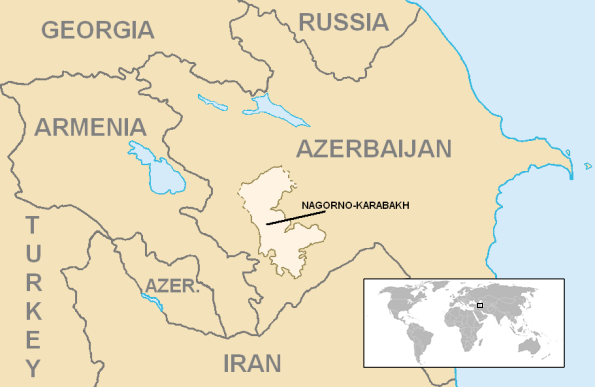
Azerbaijan arrests four soldiers for war crimes
The Azerbaijan Prosecutor General’s Office announced that it has detained four soldiers accused of war crimes against Armenians in the recent Nagorno-Karabakh conflict. Two of the detained servicemen are accused of recording their “offensive acts” against the bodies of killed Armenian soldiers and sharing the videos via social media. The other two are accused of destroying Armenian gravestones in a village cemetery. They also apparently recorded their actions and shared the videos through social media. But the Prosecutor General’s report was careful to exonerate Azerbaijani officials, including President Ilham Aliyev, and claimed that some videos depicting war crimes “were found to be fake.” (Map: Wikipedia)



